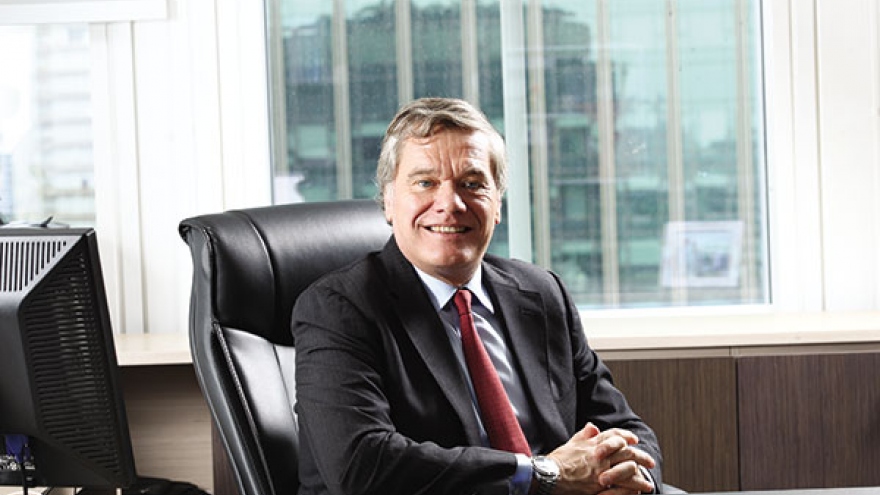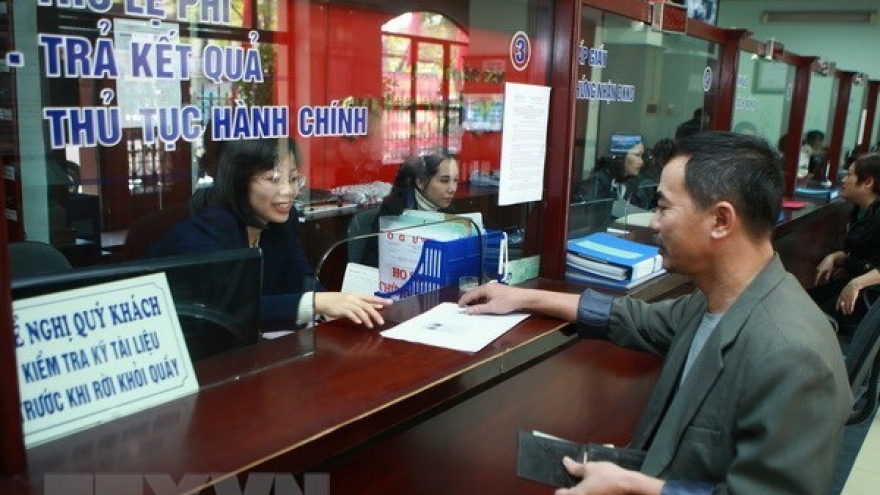BASF sees potential for local growth
German chemical giant BASF has made a firm commitment to supporting the growth of Vietnam. Tanachart Ralsiripong, managing director of BASF Vietnam, spoke to VIR’s Kim Chung about his insights into the market and how BASF will drive business growth in Vietnam.

Vietnam has achieved enormous growth over the last few decades since it began its open-door policy and transformed into one of the fastest growing countries in the region. The local market, especially in the major cities of Hanoi and Ho Chi Minh City, is getting more sophisticated and driving consumer demand for a higher quality of nutrition, healthcare, housing, mobility, environmental protection, and renewable energy. Vietnam has also gained growing popularity and business prospects with a collection of trade pacts that are about to be signed with important markets like the EU. In addition, the labour force has become ever more skilful and competitive with a can-do spirit, contributing remarkably to the dynamic economy.
The Vietnamese-German relationship has been progressing steadily. What impact does this have on BASF’s operations in Vietnam?
Vietnam and Germany have enjoyed a long-standing relationship and have a great deal to offer each other. The “Made in Germany” brand and German technology are well regarded by the domestic market. In addition, the Vietnamese government is gearing up to attract high-tech and environmentally friendly projects to keep up the strong momentum of FDI. With world-class innovations across industry value chains and a diverse portfolio of sustainable products and solutions, BASF can support Vietnam’s strong economic growth well. As the world’s leading chemical company, we enable our customers in almost all industries to meet the current and future needs of society through science and innovation.
Could you shed some light on BASF’s operations in Vietnam so far?
BASF has been active in Vietnam since the establishment of our representative office in Ho Chi Minh City back in 1994. Two years later, due to the rapid increase in business, another representative office was established in Hanoi. In 2009, BASF Vietnam Ltd., a wholly owned foreign company, was set up to exploit new growth opportunities in Vietnam, a key market for BASF in the ASEAN. In 2016, we opened our second chemical plant in northern Vietnam, complementing the existing plant in the southern region to expand BASF’s manufacturing footprint in Vietnam and support the rapid growth of the construction market.
Our company provides a wide range of products, including plastics, petrochemicals, construction chemicals, fine chemicals, performance chemicals, paper chemicals, and agriculture solutions, among others. BASF sales to customers in Vietnam were about €328 million ($385.42 million) in 2017. BASF employed 161 people in Vietnam as of the end of 2017.
What are BASF’s key focus areas in Vietnam?
Vietnam is one of the world’s fastest-growing markets. This also means greater economic development and sustainability challenges, including air pollution, food safety, and energy efficiency. Helping our customers and the society to address these challenges is one of our major focus areas in Vietnam. For example, our agricultural solutions help crops tolerate droughts and lack of irrigation water, while maximising nutrition absorption and stress tolerance, thereby improving crop quality and productivity. We offer comprehensive solutions ranging from low-odour paint ingredients to construction chemicals and polyurethane insulation panels that make buildings more durable and energy-efficient, all the while lowering the impact on the environment and human health as well as optimising investments for developers and contractors alike.


